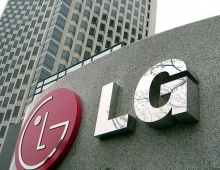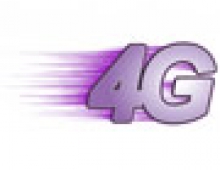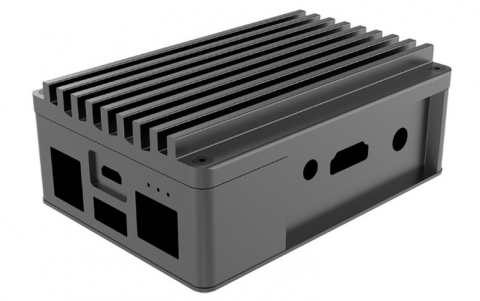
Ofcom Unveils Plans For 4G Auction
British Telecoms regulator Ofcom said on Tuesday that the auction of spectrum for 4G services would get under way by the end of the year, laying the path for the next-generation mobile services to be rolled out in 2013.
The auction will offer the equivalent of three quarters of the mobile spectrum in use today some 80% more than released in the 3G auction which took place in 2000.
The plans should see mobile broadband rolled out to at least 98% of people in villages, towns and cities across the UK. This will be achieved through 4G, the fourth generation of mobile technology, which will deliver much faster mobile data speeds to phones and other wireless devices than presently possible.
Ofcom has confirmed its decisions on the auction, including measures that will see next-generation mobile broadband become available to nearly everyone in the UK.
Ofcom has also decided to reserve some of the available spectrum for a fourth national wholesaler other than the three largest mobile operators.
The 4G auction will offer at least two spectrum bands 800 MHz and 2.6 GHz. The lower frequency 800 MHz band is part of the 'digital dividend', which is ideal for widespread mobile coverage. The higher frequency 2.6 GHz band is ideal for delivering the capacity needed to deliver faster speeds. These two bands add up to 250 MHz of additional mobile spectrum, compared to 333 MHz in use today.
This combination of low and high frequency spectrum creates the potential for 4G mobile broadband services to be widely available across the UK, while offering capacity to cope with significant demand in urban centres.
The spectrum bands will be auctioned to bidders as a series of lots. One of the 800 MHz lots of spectrum will carry an obligation to provide a mobile broadband service for indoor reception to at least 98% of the UK population by the end of 2017 at the latest.
The 800 MHz spectrum is well suited to providing high levels of coverage, and we anticipate that imposing the obligation on one operator will drive other operators to extend their own coverage in response.
Ofcom expects the auction process to start before the end of this year, with prospective bidders required formally to apply to take part. Those applications will then be assessed by Ofcom before the bidding phase starts, likely to be in early 2013.
Mobile operators are expected to start rolling out 4G networks in U.K. using the auctioned spectrum from the middle of 2013, and to start offering 4G services to consumers later that year.
The plans should see mobile broadband rolled out to at least 98% of people in villages, towns and cities across the UK. This will be achieved through 4G, the fourth generation of mobile technology, which will deliver much faster mobile data speeds to phones and other wireless devices than presently possible.
Ofcom has confirmed its decisions on the auction, including measures that will see next-generation mobile broadband become available to nearly everyone in the UK.
Ofcom has also decided to reserve some of the available spectrum for a fourth national wholesaler other than the three largest mobile operators.
The 4G auction will offer at least two spectrum bands 800 MHz and 2.6 GHz. The lower frequency 800 MHz band is part of the 'digital dividend', which is ideal for widespread mobile coverage. The higher frequency 2.6 GHz band is ideal for delivering the capacity needed to deliver faster speeds. These two bands add up to 250 MHz of additional mobile spectrum, compared to 333 MHz in use today.
This combination of low and high frequency spectrum creates the potential for 4G mobile broadband services to be widely available across the UK, while offering capacity to cope with significant demand in urban centres.
The spectrum bands will be auctioned to bidders as a series of lots. One of the 800 MHz lots of spectrum will carry an obligation to provide a mobile broadband service for indoor reception to at least 98% of the UK population by the end of 2017 at the latest.
The 800 MHz spectrum is well suited to providing high levels of coverage, and we anticipate that imposing the obligation on one operator will drive other operators to extend their own coverage in response.
Ofcom expects the auction process to start before the end of this year, with prospective bidders required formally to apply to take part. Those applications will then be assessed by Ofcom before the bidding phase starts, likely to be in early 2013.
Mobile operators are expected to start rolling out 4G networks in U.K. using the auctioned spectrum from the middle of 2013, and to start offering 4G services to consumers later that year.




















